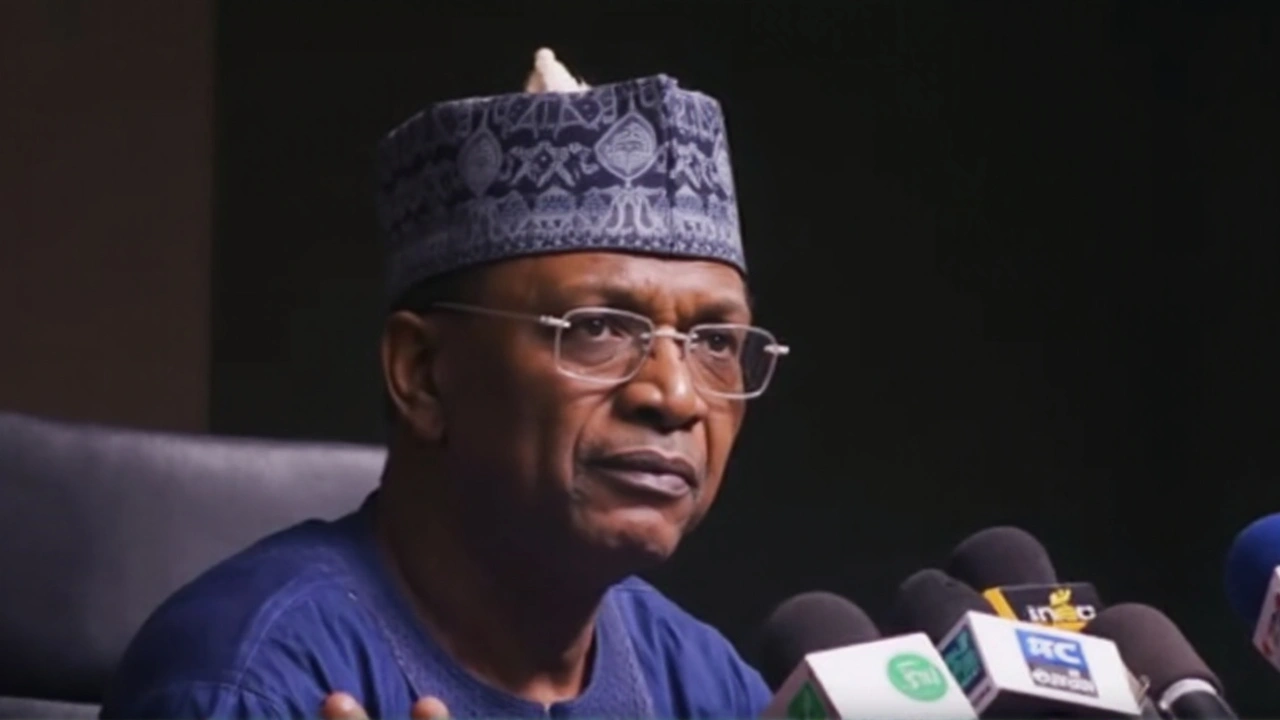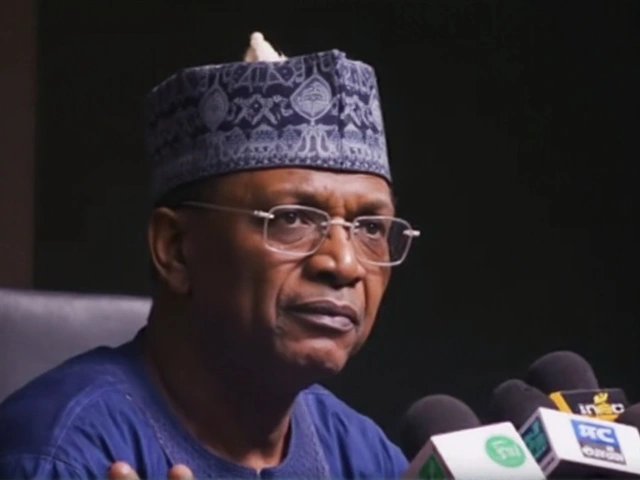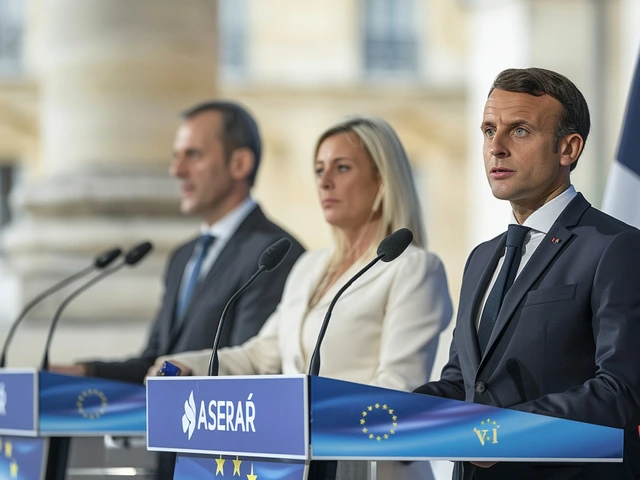Why reform is urgent
At a packed press briefing in Abuja, INEC Chairman Professor Mahmood Yakubu warned that Nigeria cannot afford to repeat the hiccups of the 2023 polls. He reminded reporters that the commission has already sent 142 detailed post‑election recommendations to lawmakers, and eight of those require changes to the 1999 Constitution or the Electoral Act 2022. INEC electoral reforms are meant to tighten every weak point that voters, parties, and observers highlighted after last year’s vote.
Among the most talked‑about issues were the chaotic voter accreditation process, the lagging result transmission system, and the lenient penalties for electoral offenses. In 2023, several states reported dozens of “over‑voting” incidents, while the manual collation of results sparked accusations of tampering. Yakubu’s team says the new blueprint would introduce biometric verification upgrades, a real‑time result dashboard, and heftier fines for anyone caught meddling with the vote.
Another pillar of the reform agenda is voter education. The committee notes that large swathes of the electorate, especially in remote northern districts, still struggle to understand how to use electronic voting tools. By partnering with civil society groups, the commission plans to roll out multilingual campaigns, radio jingles, and community workshops well before the 2027 cycle.
The reforms also touch on political party dynamics. The 2020 retreat between INEC and legislators produced the landmark amendment that stretched the period between party primaries and general elections from 60 to 180 days. That extra time allowed INEC to finalize logistics, register candidates, and distribute materials—helping deliver a punctual 2023 election, a first in three cycles. Yakubu wants to cement that success and refine the party‑primary timetable further, ensuring no last‑minute surprises.
Roadmap and political dynamics
According to the chairman, the reform journey is already in motion. After a recent retreat in Lagos with the Senate‑House joint committee, the National Assembly will hold public hearings on the 142 recommendations. Lawmakers will debate the eight items that need constitutional tweaks, such as clarifying the voting rights of inmates and redefining the legal definition of “electoral offense.” Once the hearings wrap up, a fresh bill will be drafted and sent to the President for assent.
The chair highlighted the historic collaboration that produced the Electoral Act 2022. Back then, a similar retreat led to the repeal of the 2010 act, the introduction of electronic transmission of results, and the adoption of several international best practices. Yakubu believes the same spirit of partnership can fast‑track the current agenda, especially as the commission faces an unprecedented leadership transition.
His own two‑term stint ends in early December 2025, making him the first INEC chairman to serve two full ten‑year terms. In the coming year, five national commissioners will step down, with another five leaving just before the 2027 elections. Civil‑society watchdogs, like Yiaga Africa’s Samson Itodo, are already urging the president to appoint a successor with “unblemished character” and no political affiliations—someone bold enough to enforce the law regardless of pressure.
Beyond the legislative track, INEC is forging alliances with other state agencies. A working group with the Nigerian Correctional Service is exploring clear legal provisions for inmate voting, a topic that has long sat in a grey area. The commission also plans to sync with the Ministry of Information to boost public communication around the reforms, ensuring that every stakeholder—from party secretaries to first‑time voters—understands what will change.
In practical terms, the roadmap includes a series of milestones: a revised voter accreditation manual by mid‑2024, pilot testing of upgraded biometric devices in three states by the end of 2025, and a full rollout of the new result transmission platform by early 2026. The commission aims to conduct a mock election in 2026 to iron out any glitches before the real thing.
All told, the reform push is not just a bureaucratic exercise. It is framed as a safeguard for Nigeria’s democratic future, a way to restore public confidence after a contentious 2023 vote. With the clock ticking toward 2027, the pressure is on both the electoral body and the National Assembly to move quickly, collaborate closely, and deliver a framework that can stand the test of the country’s biggest political contest.






Post A Comment